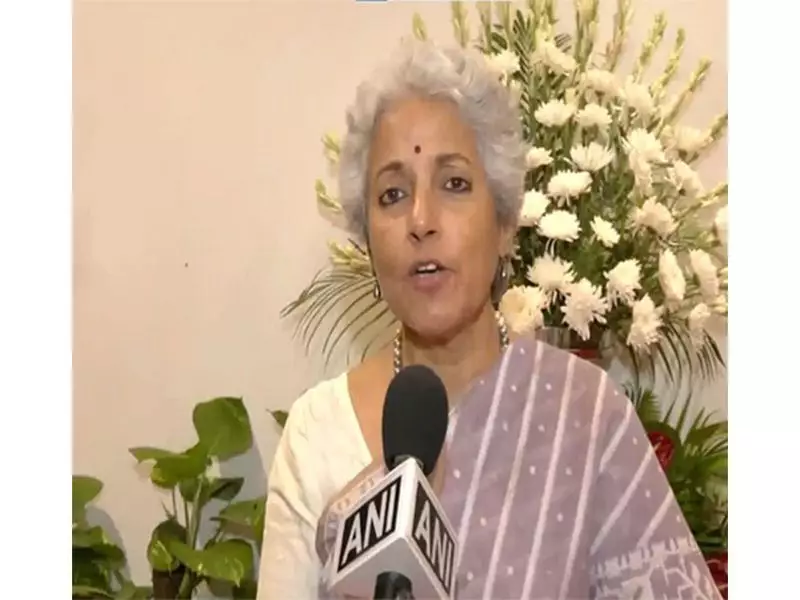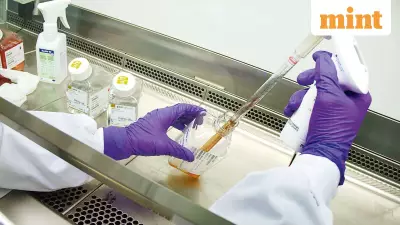
India stands at a critical crossroads in its journey toward comprehensive nutrition security, with the nation's former chief scientist advocating for a transformative approach that leverages innovation and international partnerships to address one of the country's most pressing challenges.
Dr. R.B. Singh, who previously served as India's chief scientist, has put forward a compelling vision that could reshape how the nation tackles malnutrition and food insecurity. His blueprint emphasizes that traditional methods alone are insufficient to meet the complex nutritional needs of India's vast population.
The Innovation Imperative
According to Dr. Singh, technological breakthroughs and scientific innovations must form the cornerstone of India's nutrition strategy. "We cannot rely on twentieth-century solutions for twenty-first-century challenges," he emphasized during recent discussions.
The proposed innovation framework includes:
- Development of biofortified crops with enhanced nutritional profiles
- Advanced food processing technologies that preserve nutrients
- Digital platforms for real-time nutrition monitoring and intervention
- Climate-resilient agricultural practices that ensure consistent food supply
Global Collaboration: The Missing Piece
Dr. Singh stressed that international partnerships are not merely beneficial but essential for achieving nutrition security at scale. "No single nation holds all the answers to global nutrition challenges," he noted, highlighting the need for knowledge exchange and joint research initiatives.
The collaboration model he envisions involves:
- Joint research programs with leading international agricultural institutions
- Technology transfer agreements that bring global innovations to Indian farms
- Multilateral funding mechanisms for nutrition-focused startups
- Cross-border policy learning and implementation strategies
From Food Security to Nutrition Security
The distinguished scientist made a crucial distinction between mere food availability and comprehensive nutrition security. While India has made significant strides in food production, the quality and nutritional value of that food remains an area requiring urgent attention.
"Producing more calories is not enough; we must produce more nutrition per calorie," Dr. Singh asserted, pointing to the hidden hunger that affects millions despite adequate food intake.
The Path Forward
Implementing this vision requires coordinated action across multiple sectors. Dr. Singh called for increased public and private investment in nutrition-focused research, policy reforms that incentivize nutritional quality over mere quantity, and educational campaigns that raise awareness about balanced diets.
The former chief scientist's recommendations come at a pivotal moment, as climate change, population growth, and economic disparities continue to challenge India's food systems. His comprehensive approach offers a roadmap that could position India as a global leader in nutrition innovation while addressing domestic nutritional deficiencies.
As the nation moves forward, the integration of cutting-edge technology with strategic international cooperation could transform India's nutritional landscape, ensuring that every citizen has access to not just food, but the right kind of food for healthy development.





